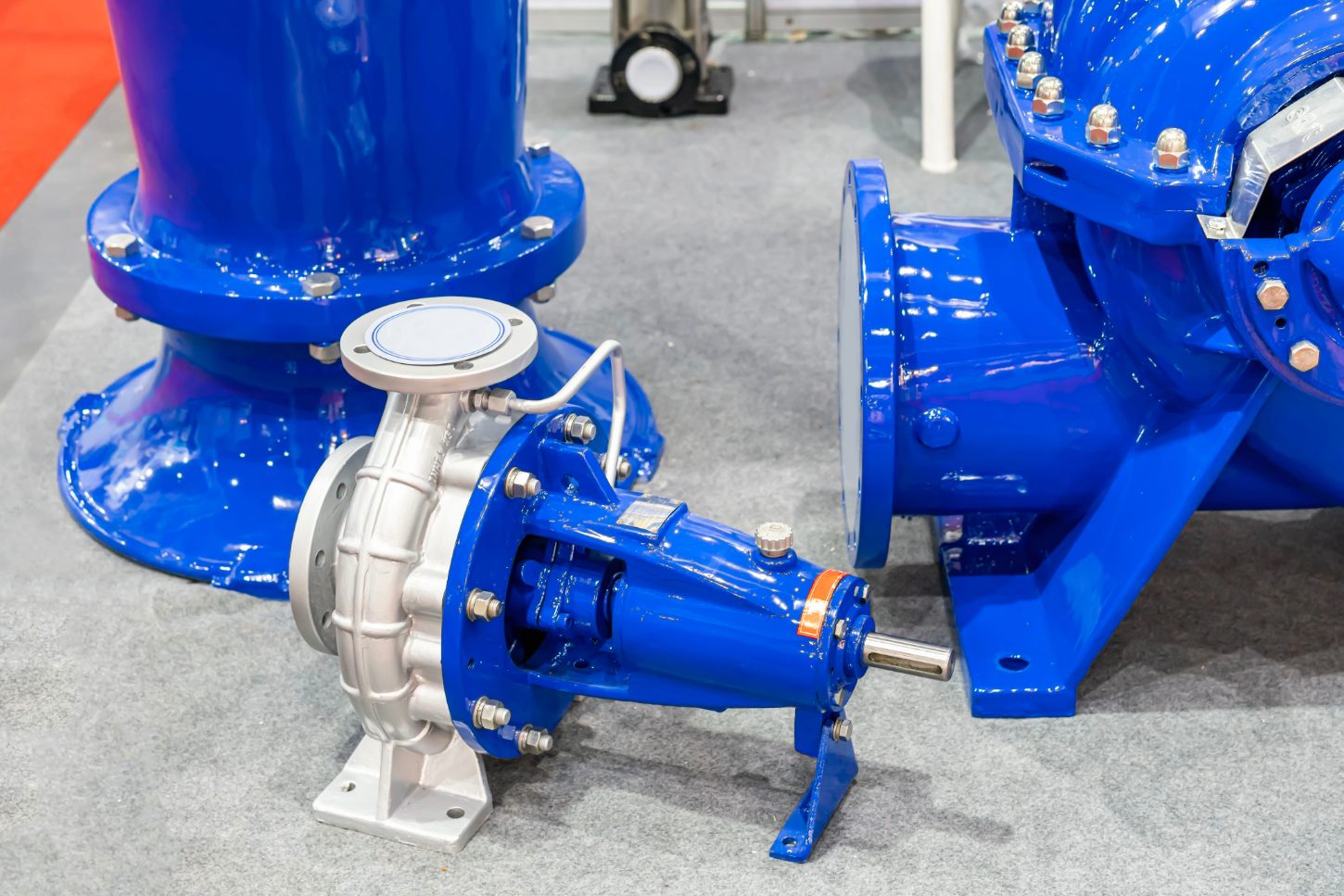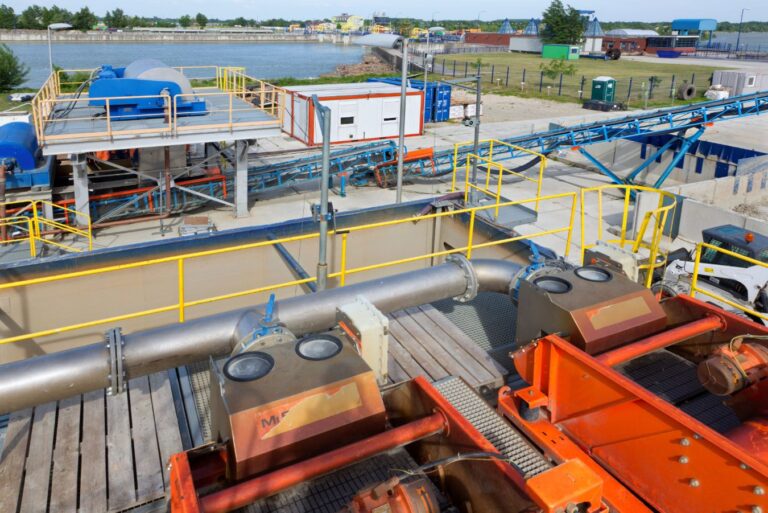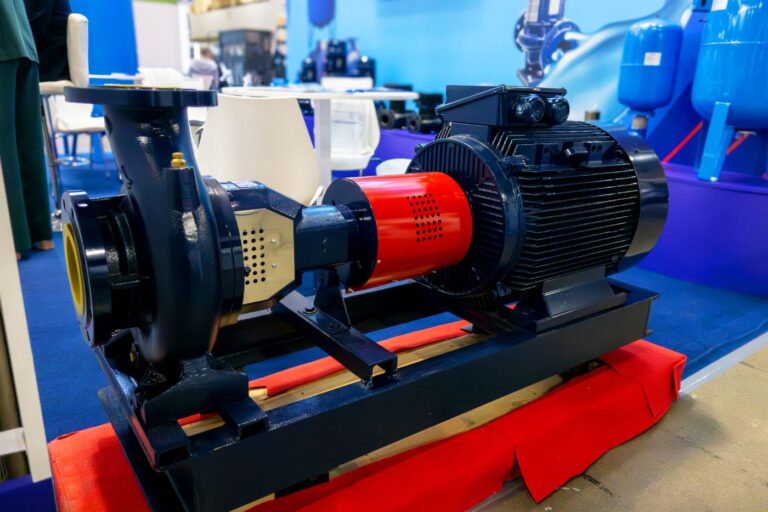The slurry pump industry is undergoing significant transformation, driven by technological advancements, evolving supply chain dynamics, and an increasing emphasis on sustainability. Both slurry pump manufacturers and slurry pumps suppliers play pivotal roles in these changes, influencing everything from product development to distribution practices. As industries such as mining, construction, and wastewater treatment continue to rely heavily on slurry pumping solutions, understanding the latest trends in manufacturing, supply chain management, and sustainability is crucial for businesses looking to optimize their operations and stay competitive in the market.
Defining Slurry Pump Suppliers
A slurry pump supplier is an entity or company responsible for distributing and providing slurry pumps, including all associated parts and accessories. These suppliers may not be directly involved in the manufacturing of the pumps themselves. Still, they play a critical role in ensuring that end-users have access to the required equipment for their operations. Slurry pump suppliers maintain a connection between slurry pump manufacturers, who produce the pumps, and end customers who require the pumps for various applications, including mining, construction, and wastewater management.
What Does a Slurry Pump Supplier Do?
A slurry pump supplier primarily focuses on providing the products manufactured by slurry pump manufacturers. Their responsibilities often extend beyond simply selling products to include offering advice on the best solutions for specific applications, coordinating logistics, and ensuring timely delivery. They typically have access to a wide range of slurry pump parts, such as impellers, seals, and housings, sourced from manufacturers or third-party vendors. This allows them to offer a comprehensive package of products, ranging from primary pumps to essential replacement parts and components required for ongoing operations.
Types of Suppliers (Local vs. International)
Slurry pump suppliers can be categorized into two primary types: local suppliers and international suppliers.
- Local Suppliers: These suppliers primarily serve regional markets and focus on meeting the immediate needs of businesses within a specific geographic area. Local suppliers often provide faster turnaround times and lower shipping costs, making them a convenient choice for businesses that need quick access to slurry pumps and spare parts.
- International Suppliers: International slurry pump suppliers, on the other hand, cater to a global audience, offering a broader selection of pumps and parts. While their range of products may be extensive, they may involve longer lead times for delivery, higher shipping costs, and potential customs clearance procedures. These suppliers are crucial for businesses seeking specialized slurry pumps or parts that local suppliers may not offer.
The Role of Suppliers in the Supply Chain
Slurry pump suppliers are essential links in the supply chain, connecting the slurry pump manufacturers to the end customers. They bridge the gap between production and usage by managing inventory, maintaining relationships with manufacturers, and overseeing the logistics required to deliver the pumps and parts to customers efficiently. They also support manufacturers by ensuring their products are accessible to businesses that require them, helping drive the demand for newly manufactured slurry pumps.
How Suppliers Handle the Logistics and Distribution of Slurry Pumps and Parts
Suppliers are responsible for the logistics and distribution of slurry pumps and related parts. This involves managing relationships with manufacturers to ensure adequate stock levels and coordinating the shipping process. Suppliers often maintain large inventories of pumps and parts, allowing them to respond quickly to customer needs. For international suppliers, logistics may involve managing customs clearance and coordinating long-distance shipments, whereas local suppliers typically focus on fast, regional deliveries. Whether it’s sending a single pump to a local customer or coordinating bulk orders for large-scale projects, suppliers must manage all facets of the distribution process to ensure timely delivery and customer satisfaction.
Understanding Slurry Pump Manufacturers
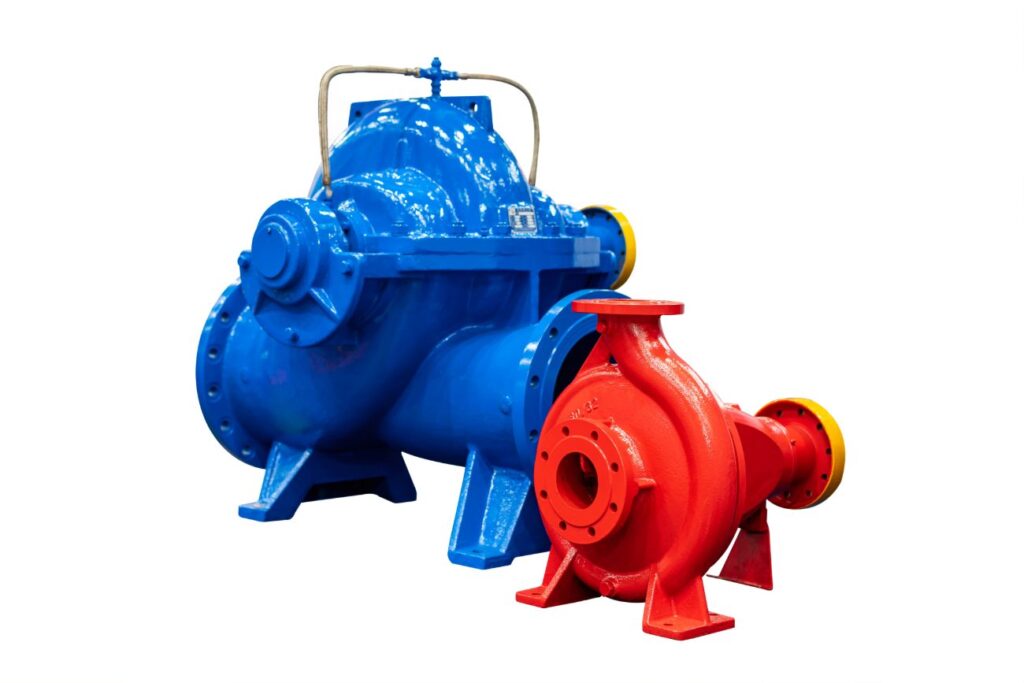
A slurry pump manufacturer is a company or entity involved in the design, engineering, and production of slurry pumps. Unlike slurry pump suppliers, who focus on distribution, manufacturers are responsible for creating the pumps from the ground up. Their expertise lies in producing pumps that meet the rigorous demands of industries such as mining, construction, and wastewater treatment, where the transportation of slurries —mixtures of liquid and solid materials —is required.
What Does a Slurry Pump Manufacturer Do?
A slurry pump manufacturer’s role is centered on the complete creation of slurry pumps, from initial design concepts to final production. They are responsible for the entire lifecycle of a pump, encompassing its technical specifications, quality control, and customization tailored to various operational needs. Manufacturers also handle the production of key slurry pump parts, ensuring that each component is engineered for durability and optimal performance. These parts may include pump casings, impellers, shaft seals, and bearings, all of which are crucial to ensuring the pump’s reliability and longevity during operation.
The Process of Manufacturing Slurry Pumps (Design, Engineering, and Production)
The manufacturing process of slurry pumps involves several key steps:
- Design and Engineering: Manufacturers start with the design phase, where engineers create the blueprint for the slurry pump. This includes choosing the materials (such as high-strength alloys or rubber) that are resistant to abrasion and corrosion. The design process focuses on maximizing pump efficiency to ensure reliable performance under the challenging conditions that slurry pumping often presents.
- Prototyping: Before full-scale production begins, manufacturers may create prototypes to test the functionality of the slurry pumps. This step helps identify any potential issues or areas for improvement.
- Production: After finalizing the design, manufacturers move to the production phase. This includes casting or forging the pump components, assembling the parts, and performing stringent quality checks. The assembly line is designed to ensure that each pump meets the specifications required for high-performance applications.
- Testing and Quality Control: The pumps undergo extensive testing to verify that they can withstand the extreme conditions typically encountered in slurry pumping. Quality control measures are implemented at every stage of the manufacturing process to ensure the pump meets durability, efficiency, and safety standards.
Key Differences in the Operational Role of Manufacturers Compared to Suppliers
The operational role of slurry pump manufacturers differs significantly from that of slurry pump suppliers:
- Manufacturers focus on creating and producing slurry pumps, whereas suppliers handle the distribution and sale of these pumps. Manufacturers are involved in all aspects of production, from research and development to ensuring product durability and functionality.
- Customization: Manufacturers offer greater flexibility in customizing pumps to meet specific needs. They can alter the design and materials used to meet particular application requirements, while suppliers typically sell standardized products that are already manufactured.
- Involvement in Parts Production: Manufacturers are directly involved in creating slurry pump parts, such as impellers, casings, and seals, which are integral to the pump’s functioning. In contrast, suppliers typically stock these parts for replacement and maintenance but do not manufacture them.
- Scale and Operations: Manufacturers often operate at a larger scale, producing bulk quantities of pumps for various industries. Suppliers, on the other hand, are primarily concerned with managing inventory, fulfilling orders, and providing customer service, but they rely on manufacturers for the actual production. of the product
Highlighting Manufacturers’ Involvement in Producing Slurry Pump Parts and Components
One of the key roles of slurry pump manufacturers is the production of individual slurry pump parts that comprise a complete pump system. Manufacturers design and produce these parts to ensure that they function optimally and last longer under demanding conditions. These parts are crucial because the efficiency of the slurry pump depends on the quality and design of components like:
- Impellers: These are designed for optimal fluid handling and are often made of materials that resist wear and corrosion.
- Pump Casings: The casing provides the structure for the pump, and manufacturers ensure these are durable and capable of withstanding the abrasive nature of slurry.
- Shaft Seals: Manufacturers focus on creating reliable seals that prevent leakage and contamination, ensuring optimal performance and reliability.
- Bearings and Shaft Components: These parts are essential for smooth pump operation and are designed to handle the mechanical stresses of slurry pumping.
Key Differences Between Slurry Pump Suppliers and Manufacturers
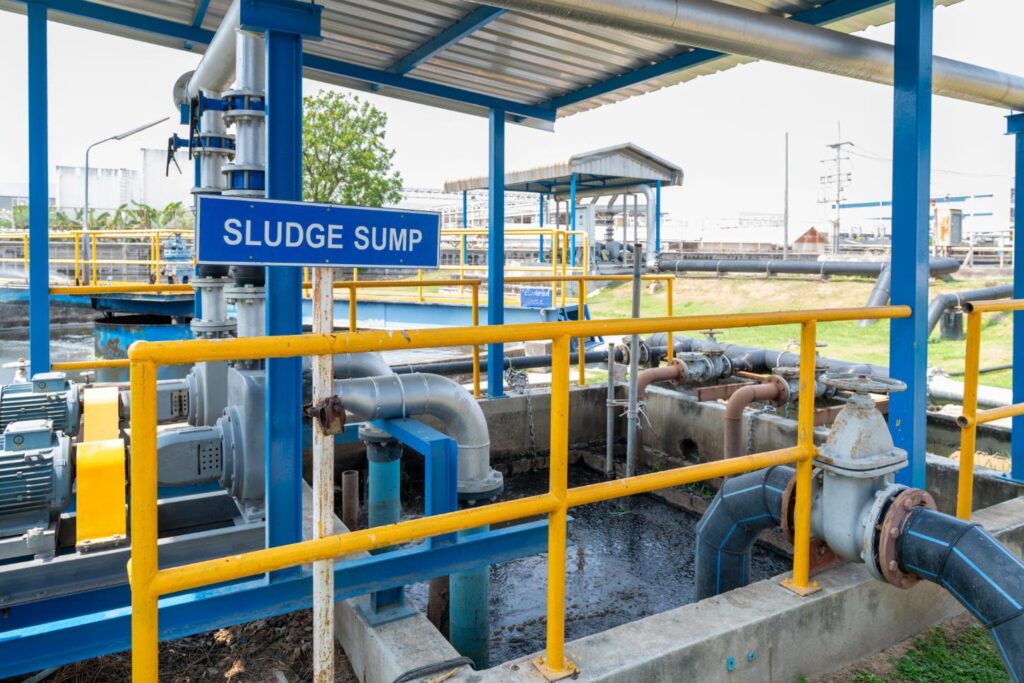
When choosing between slurry pump suppliers and manufacturers, it’s essential to understand their distinct roles in the supply chain, particularly in terms of product availability, customization, pricing, lead times, and customer support.
Focus on Production vs. Distribution
- Slurry Pump Manufacturers focus on production, designing, and assembling pumps and their components, ensuring quality, and creating custom solutions.
- Slurry Pump Suppliers handle distribution, manage warehousing and shipping, and ensure timely delivery of products without waiting for manufacturing cycles.
Product Customization
- Slurry Pump Manufacturers offer customization, adapting designs and materials to meet specific project needs.
- Slurry Pump Suppliers generally provide standardized products from existing catalogs without custom modifications.
Maintenance and Spare Parts
- Slurry Pump Manufacturers provide the original parts, ensuring compatibility and durability.
- Slurry Pump Suppliers offer maintenance services and spare parts, typically sourced from manufacturers.
Pricing and Lead Time
- Slurry Pump Manufacturers offer competitive pricing for bulk orders but may have longer lead times for custom pumps.
- Slurry Pump Suppliers often provide faster delivery for standard pumps, but may have added costs for shipping and warehousing.
Customer Support and Service
- Slurry Pump Manufacturers provide technical support, focusing on specifications and customizations.
- Slurry Pump Suppliers focus on logistical support, addressing product availability and shipping issues, with less technical expertise.
Understanding these differences helps you choose the right partner based on your needs for customization, availability, and support.
Why It Matters for Your Business
Choosing between slurry pump suppliers and slurry pump manufacturers is a critical decision that directly impacts the efficiency and cost-effectiveness of your operations. Understanding the unique roles of suppliers and manufacturers can help you select the right partner for your specific business needs, whether you’re focusing on large-scale projects, custom requirements, or maintaining ongoing equipment availability.
The Role of Suppliers in Maintaining Consistent Product Availability
One of the key advantages of working with slurry pump suppliers is their ability to maintain consistent product availability. Suppliers manage inventory, ensuring that the pumps and parts you need are in stock and ready for shipment when required. This is especially important for businesses that require slurry pump parts or new pumps on short notice to maintain smooth operations. Suppliers play a crucial role in minimizing downtime and ensuring that products are available for immediate delivery.
Suppliers typically partner with multiple slurry pump manufacturers, offering a broad selection of pumps and parts from different sources. This diversity allows them to meet a variety of customer needs and provides a level of flexibility that manufacturers alone might not be able to offer. For businesses operating in industries where timely delivery is crucial, such as wastewater management or construction, establishing a strong relationship with a reliable supplier ensures that you can access products when you need them most.
Building Strong Relationships with Suppliers
Maintaining strong relationships with slurry pump suppliers is essential for long-term business success. A reliable supplier will be familiar with your business’s specific requirements and will work to ensure you have access to the right equipment and parts at the right time. Additionally, suppliers can provide valuable customer support, helping you troubleshoot any issues with pumps and ensuring that spare parts are available when needed. Over time, a strong supplier relationship can lead to better pricing, faster deliveries, and access to special deals or product upgrades.
The Role of Slurry Pump Parts in the Supply Chain
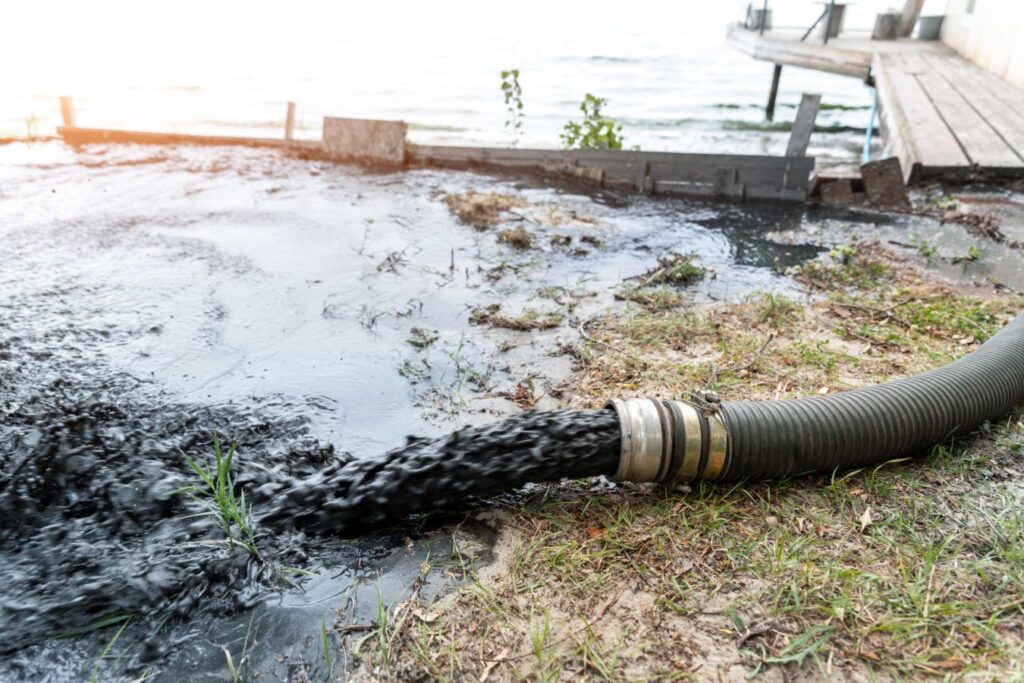
The quality of slurry pump parts plays a crucial role in the overall performance, reliability, and longevity of slurry pumps, making it essential for businesses to understand the dynamics of how these parts are sourced and supplied. The supply chain for slurry pump parts encompasses both slurry pump manufacturers and slurry pump suppliers, each playing a crucial role in ensuring that high-quality parts are readily available to meet the operational demands of industries such as mining, wastewater treatment, and construction.
The Importance of Quality Slurry Pump Parts
High-quality slurry pump parts are fundamental to ensuring that a slurry pump operates efficiently and lasts longer under the tough conditions of slurry handling. Slurry pumps are often subjected to abrasive, corrosive, and high-pressure environments, which can cause significant wear and tear on the internal components, such as impellers, seals, and casings. Without quality parts, slurry pumps may experience higher failure rates, increased maintenance costs, and reduced operational efficiency.
For example, durable and well-engineered slurry pump parts, such as high-strength impellers and robust seals, can prevent clogging, reduce downtime, and minimize the need for frequent replacements. The performance of a slurry pump depends on how well these parts are designed and constructed to handle the challenges posed by the slurry being pumped, including factors such as particle size, viscosity, and chemical composition.
How Slurry Pump Parts Are Supplied by Both Manufacturers and Suppliers
- Slurry Pump Manufacturers: These manufacturers are responsible for designing and producing the slurry pump parts that comprise the pump system. They produce the original components, ensuring that the parts are built to specification and quality standards. Manufacturers provide essential components, including impellers, shafts, bearings, and seals, which are engineered for optimal performance under extreme conditions. In cases of specialized pumps or custom-built systems, manufacturers can create bespoke parts to meet specific operational requirements.
- Slurry Pump Suppliers: While slurry pump suppliers do not typically manufacture the parts, they play a critical role in distributing and maintaining an inventory of slurry pump components. Suppliers source the parts directly from manufacturers or third-party vendors and make them available to customers for both new installations and ongoing maintenance. By maintaining a wide range of parts in stock, suppliers ensure that businesses have quick access to replacement components when needed, thereby minimizing downtime and maintaining smooth operations.
Suppliers may also offer maintenance services, ensuring that replacement parts are easily accessible for repairs and that customers can receive the correct part specifications. Their extensive inventory management and logistical capabilities make them a vital resource for providing timely support to businesses across various industries.
The Impact of Part Quality on Pump Performance and Longevity
The quality of slurry pump parts directly impacts both the performance and longevity of the slurry pump. High-quality parts contribute to the following:
- Enhanced Performance: Well-designed and manufactured parts improve the overall efficiency of the slurry pump by reducing friction, preventing clogs, and ensuring a smooth flow of slurry. This translates to better throughput and operational efficiency, which is essential for industries that rely on consistent and high-volume slurry transport.
- Extended Longevity: High-quality parts, including corrosion-resistant materials and wear-resistant seals, significantly prolong the lifespan of slurry pumps. Slurry pumps exposed to harsh environments, such as those found in mining operations or wastewater treatment plants, require parts that can withstand wear and corrosion. Using low-quality or incompatible parts can lead to accelerated degradation, increased breakdowns, and higher maintenance costs.
- Reduced Downtime and Maintenance Costs: Pumps equipped with reliable, high-quality parts are less prone to breakdowns, reducing the frequency of maintenance and repairs. This helps businesses save money in the long run by lowering operational costs, improving the overall return on investment (ROI) for slurry pump equipment.
How to Choose the Right Slurry Pump Supplier or Manufacturer
Selecting the right slurry pump supplier or manufacturer is crucial to ensuring that your business receives the best equipment, parts, and support. Whether you’re seeking a reliable supplier for immediate delivery of standard slurry pumps or a manufacturer for customized solutions, evaluating the right criteria is essential for long-term operational success. Here’s a guide to the key factors you should consider when choosing between a slurry pump supplier or manufacturer.
Key Criteria for Evaluating Potential Suppliers and Manufacturers
- Product Range: When evaluating a potential slurry pump supplier, it’s important to assess the variety of pumps and slurry pump parts they offer. A broad product range means that you can find the specific equipment that meets your operational needs, whether it’s a general-purpose slurry pump or a highly specialized model for unique applications. Slurry pump manufacturers typically offer a wider range of customizable options, allowing for specialized pumps tailored to handle specific types of slurry or operational conditions.
- Quality Standards: The quality of the slurry pumps and their components directly impacts pump performance and longevity. Look for suppliers or manufacturers that adhere to internationally recognized quality standards such as ISO certifications. A slurry pump manufacturer that emphasizes quality control throughout the design and production process will ensure that the pumps and parts are built to last, especially in harsh environments where durability is crucial.
- After-Sales Service: Evaluate the after-sales support offered by both slurry pump suppliers and manufacturers. A supplier should provide customer support services like troubleshooting, spare parts availability, and maintenance advice. Manufacturers often offer specialized support for custom pump solutions and in-depth product expertise. A supplier or manufacturer that offers strong after-sales service can ensure that any issues are resolved quickly, minimizing downtime and operational disruptions.
The Significance of Long-Term Support and Warranty Offerings
Long-term support and warranty offerings are crucial factors that can differentiate a reliable slurry pump supplier or manufacturer from the competition. Pumps are long-term investments, and the ongoing support provided by your supplier or manufacturer can significantly affect your operational efficiency and bottom line.
- Long-Term Support: Seek suppliers or manufacturers that provide ongoing support, including technical advice, maintenance services, and troubleshooting assistance. A strong relationship with your pump supplier ensures that you can quickly address any issues that arise, reducing the risk of operational downtime. Manufacturers often provide more detailed technical support, especially for custom pump solutions.
- Warranty Offerings: A comprehensive warranty can provide peace of mind and protect your investment. Suppliers and manufacturers that offer extensive warranty periods demonstrate confidence in the quality and durability of their products. Ensure that the warranty covers both the slurry pump parts and the entire system, and review the terms to understand coverage for defects, repairs, and replacements.
Industry Trends and the Future of Slurry Pump Supply Chains
The slurry pump industry is rapidly evolving, driven by technological advancements, changing supply chain dynamics, and a stronger focus on sustainability. These changes are reshaping how slurry pump suppliers and manufacturers produce, distribute, and support pumps across various industries, including mining, construction, and wastewater management.
Technological Advancements in Slurry Pump Manufacturing
Technological innovations, such as 3D printing and computer-aided design (CAD), are enhancing the performance and efficiency of slurry pumps. Manufacturers are creating more precise pumps with optimized fluid dynamics and reduced energy consumption. Slurry pump suppliers are also offering pumps with enhanced monitoring capabilities, enabling real-time tracking of parameters such as pressure and wear. These technologies help reduce maintenance costs and downtime, making pumps more reliable. Advanced materials also increase durability and longevity.
How the Evolving Supply Chain Landscape is Affecting Suppliers and Manufacturers
The global supply chain for slurry pumps is becoming increasingly complex due to factors such as globalization and shifting demand. Manufacturers are adopting flexible production strategies to mitigate disruptions, such as material shortages or shipping delays. Slurry pump suppliers focus on optimizing logistics and maintaining strong relationships with both local and international manufacturers to ensure a consistent product supply while managing fluctuating demand.
The Shift Toward Sustainable Practices in Slurry Pump Production and Distribution
Sustainability is a growing focus for both slurry pump manufacturers and slurry pump suppliers. Manufacturers are exploring eco-friendly materials and energy-efficient production methods, while suppliers are offering more sustainable products and recycling services. This shift aligns with stricter environmental regulations and rising customer demand for greener alternatives, ultimately reducing the environmental impact of slurry pump production and distribution.
Shaping the Future of the Slurry Pump Supply Chain
In conclusion, the future of the slurry pump supply chain will be shaped by continued technological innovation, the need for more resilient and sustainable practices, and the ongoing evolution of global supply networks. By embracing these trends, both slurry pump suppliers and slurry pump manufacturers can offer more efficient, cost-effective, and environmentally friendly solutions, ensuring long-term success and reliability for businesses across various industries. As demand for high-performance slurry pumps grows, staying ahead of these changes will be crucial to maximizing pump efficiency, reducing downtime, and promoting sustainable business practices.


